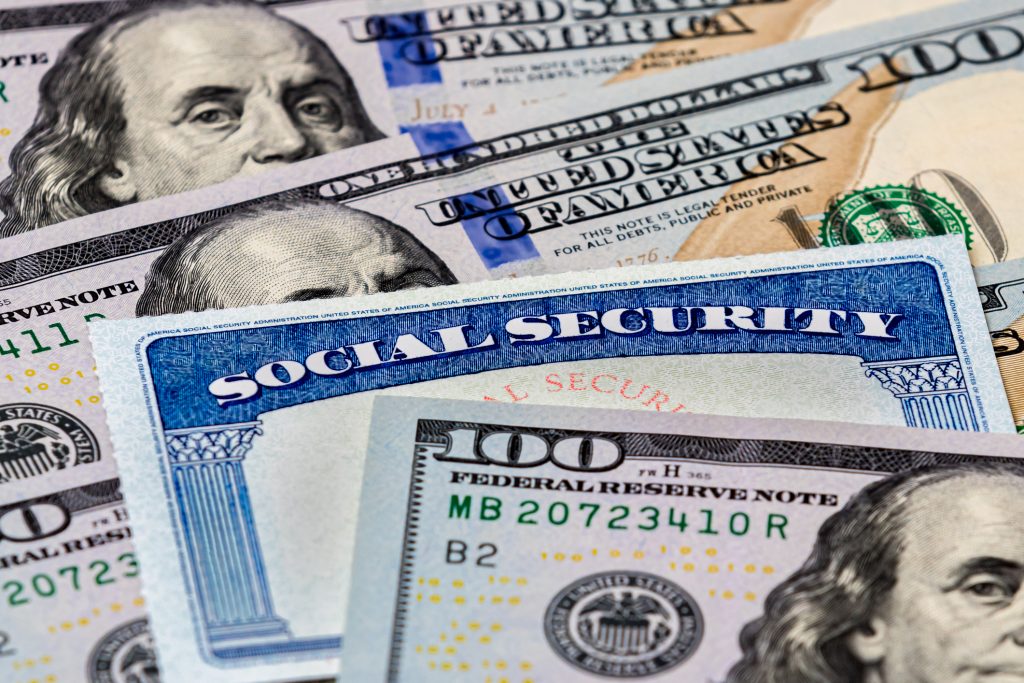
Image source: Upsplash/The Motley Fool
Whether you’ve bought and sold many properties or are a first-time home buyer looking for a mortgage, you may wonder how the upcoming election will affect the housing market. To learn the answer to that question, we’ve turned to the experts.
While it’s true that elections have consequences, some appear to be more dramatic than others. If this year behaves like other election years, here’s what we can expect.
A (slight) slowdown
Historically, potential home buyers have become a bit nervous about making a decision as significant as a home purchase during election time. As a result, home sales slow. So, despite low inventory and lightning-fast sales times in some regions of the country, home sellers should not be too concerned if the process seems to slow to crawl. It’s the norm around this time.
If you’re a buyer, don’t be surprised if the number of new homes coming on the market slows to a trickle for a short time. It’s equally possible that homeowners who’ve considered selling want to wait and see how the election turns out.
The fact that elections take place in November doesn’t help the situation much either. After all, spring and summer typically bring a rush of home buyers anxious to move before the beginning of a new school year or get settled before the holidays. A natural break in the shopping cycle could also help explain any lull in activity.
If you’re waiting for the market to pick up, check out our favorite mortgage lenders and see which offers you the lowest rate.
Post-election bounce
Data from the Department of Housing and Urban Development (HUD) and the National Association of Realtors (NAR) indicates that home sales have increased the year after nine of the last 11 presidential elections. Since 1978, the only two times home sales did not increase the year following an election were in 1981 and 1989.
It probably doesn’t take an expert to tell us that these are not regular times, though. The COVID-19 pandemic threw a wrench into everything we thought we knew about real estate in the U.S. With so few homeowners selling, demand from buyers has been off the charts. Even if sales slow slightly, the rebound is likely to be quick.
What happens to home prices following elections?
Typically, election years do not disrupt home prices, and the market remains stable. That’s especially true when inventory remains stubbornly low. Historical data indicates that home prices tend to increase year over year, including years following an election.
In fact, according to the NAR, home prices have risen every year after an election with the exception of 2008, during the housing market crash. Sellers concerned about their property values tanking can probably breathe easy.
How do elections impact interest rates?
Thanks to the Federal Reserve’s recent cut to its benchmark interest rate, we can expect multiple interest rate drops over the next year. Ideally, those rate drops will be impactful enough to get homeowners who might sell off the fence. That would increase the overall inventory of properties on the market. We can hope, but we’ll have to wait to find out if that happens.
In the meantime, looking back at previous election cycles, we see that mortgage rates decreased in the months leading up to eight of the last 11 presidential elections.
More than politics or the Federal Reserve
Elections come and go, and the Fed routinely adjusts rates. Each represents only one piece of the puzzle. Many other factors go into determining the relative strength or weakness of the housing market, including:
- Overall economy: When public confidence is high, the housing market tends to thrive.
- Inventory: No matter who’s elected, we’re unlikely to experience a rush of homeowners planting “For Sale” signs in their yards right away. If the past few years have taught us anything, it’s that a healthy inventory of available homes critically impacts the market.
- Employment rate: People with jobs are more likely to buy homes.
- Location: Homes in some parts of the country sell more quickly (and at a higher price point) than others.
- Age and condition: No matter how hot the housing market is, a home in good condition will likely sell faster and for a higher price than a property that needs work.
The bottom line
We can see from past data that presidential elections have some impact on the housing market, but the effect is typically small and doesn’t last long. Whether you’re buying or selling, falling interest rates, a robust economy, and increased inventory will likely have a greater impact on home sales than the election.
Alert: highest cash back card we’ve seen now has 0% intro APR into 2026
This credit card is not just good – it’s so exceptional that our experts use it personally. It features a 0% intro APR for 15 months, a cash back rate of up to 5%, and all somehow for no annual fee!
Click here to read our full review for free and apply in just 2 minutes.
We’re firm believers in the Golden Rule, which is why editorial opinions are ours alone and have not been previously reviewed, approved, or endorsed by included advertisers.
The Ascent does not cover all offers on the market. Editorial content from The Ascent is separate from The Motley Fool editorial content and is created by a different analyst team.The Motley Fool has a disclosure policy.
 benzinga.com
benzinga.com fool.com
fool.com



